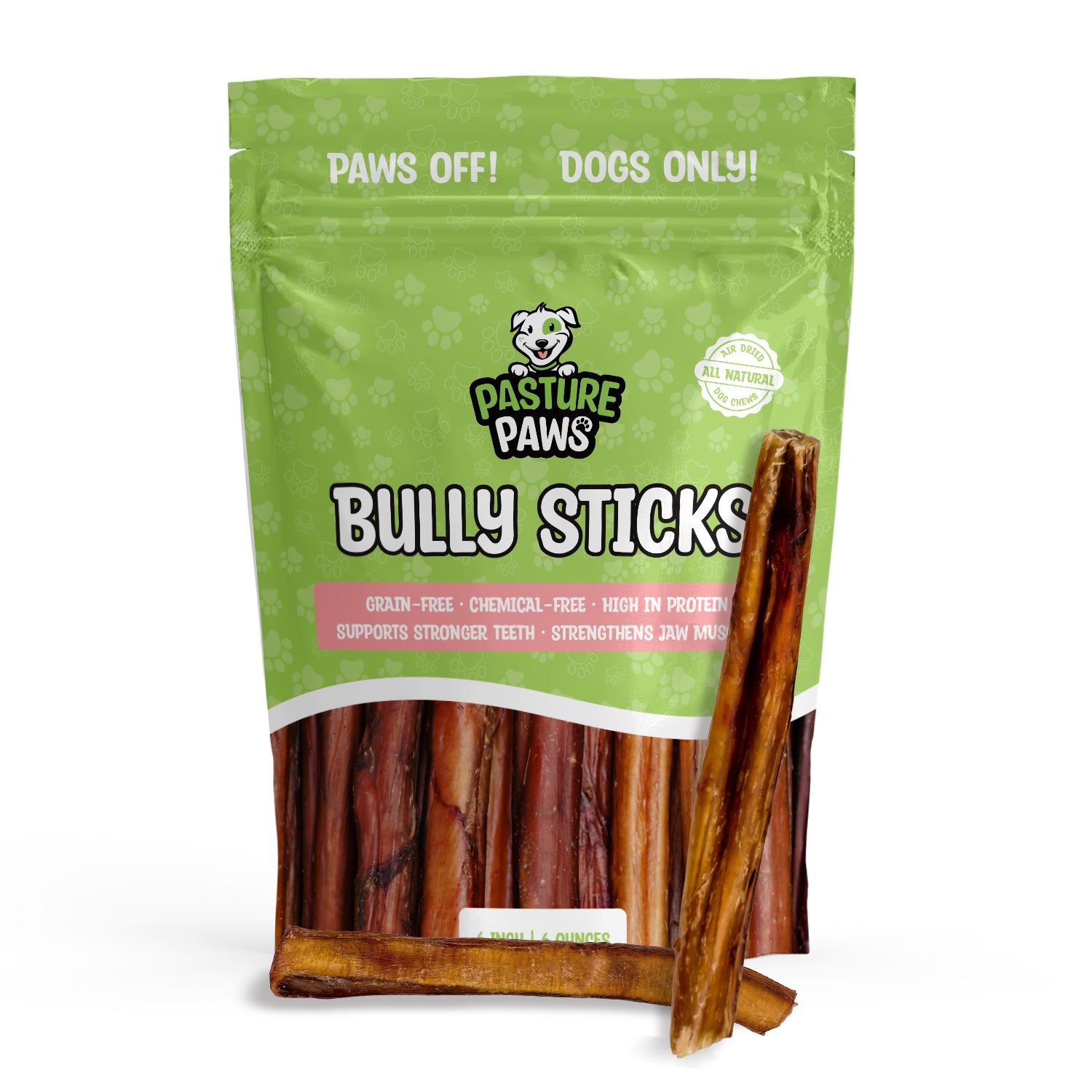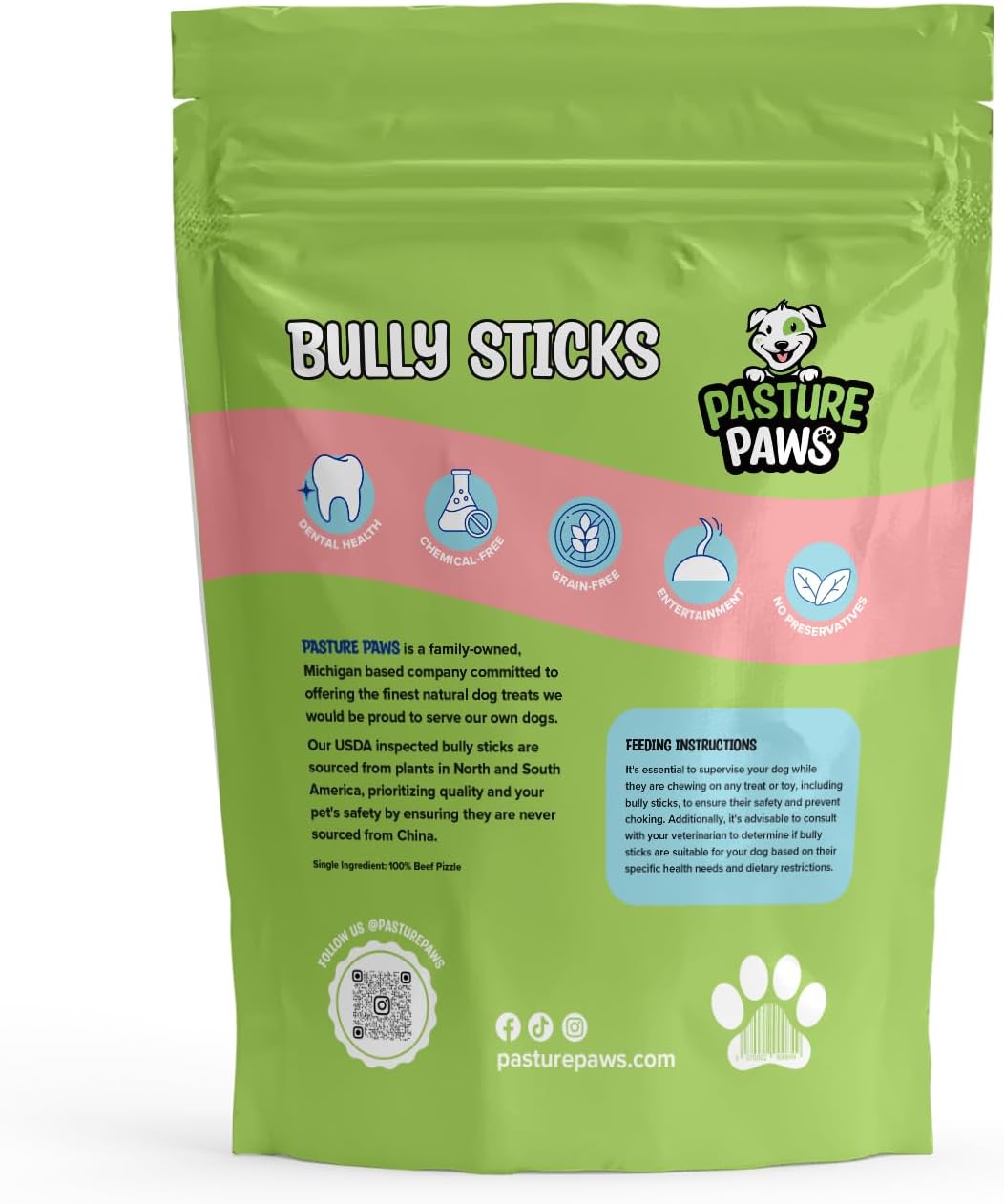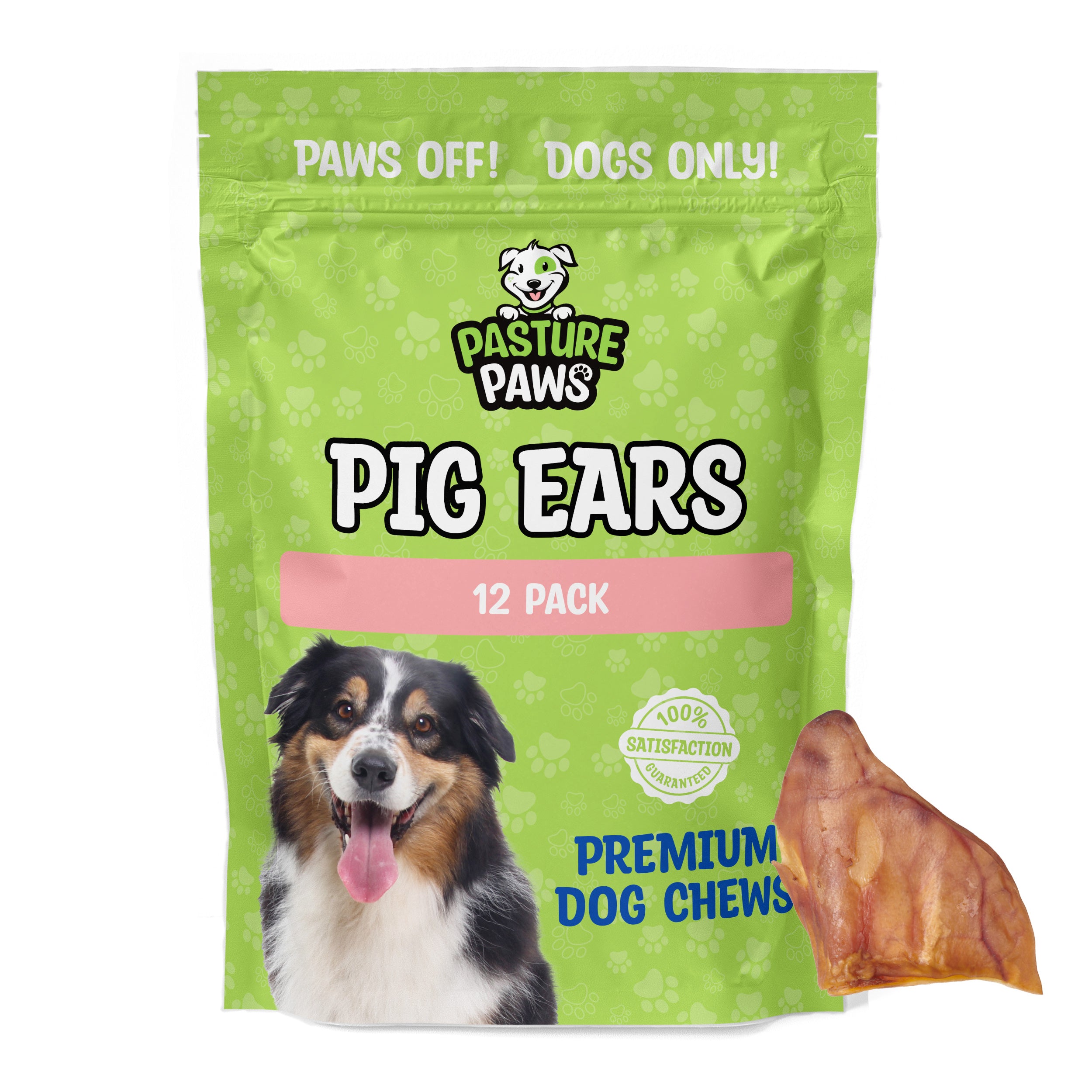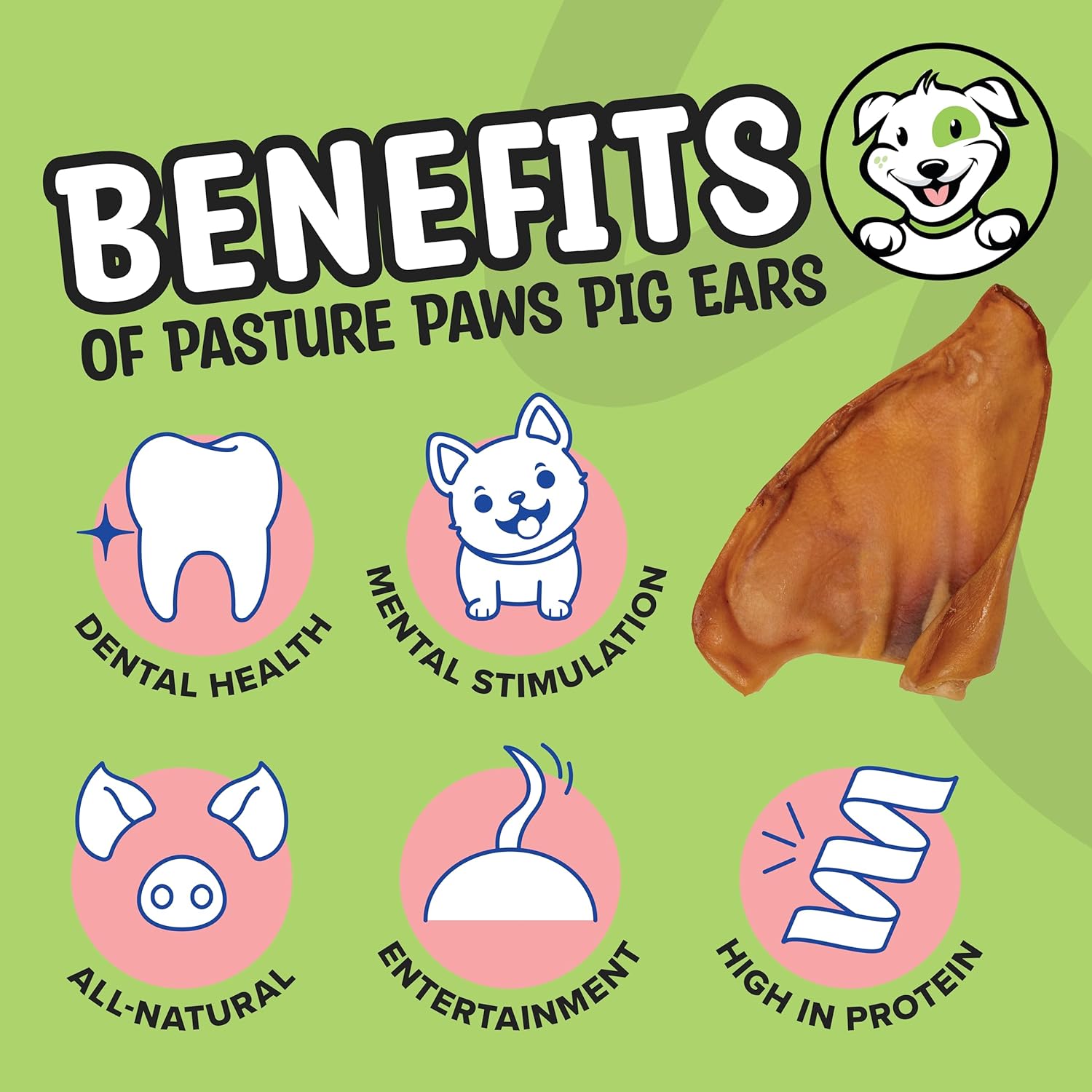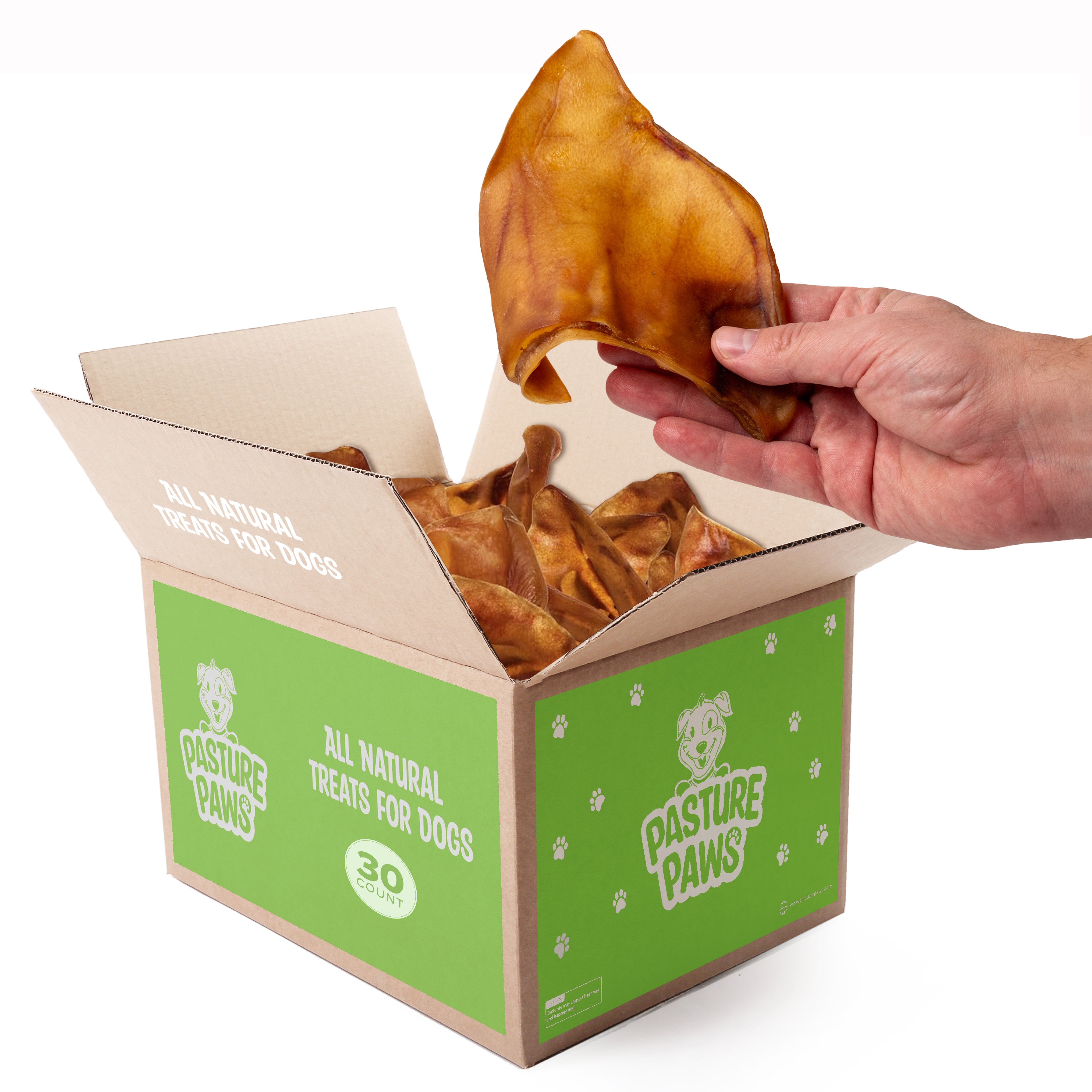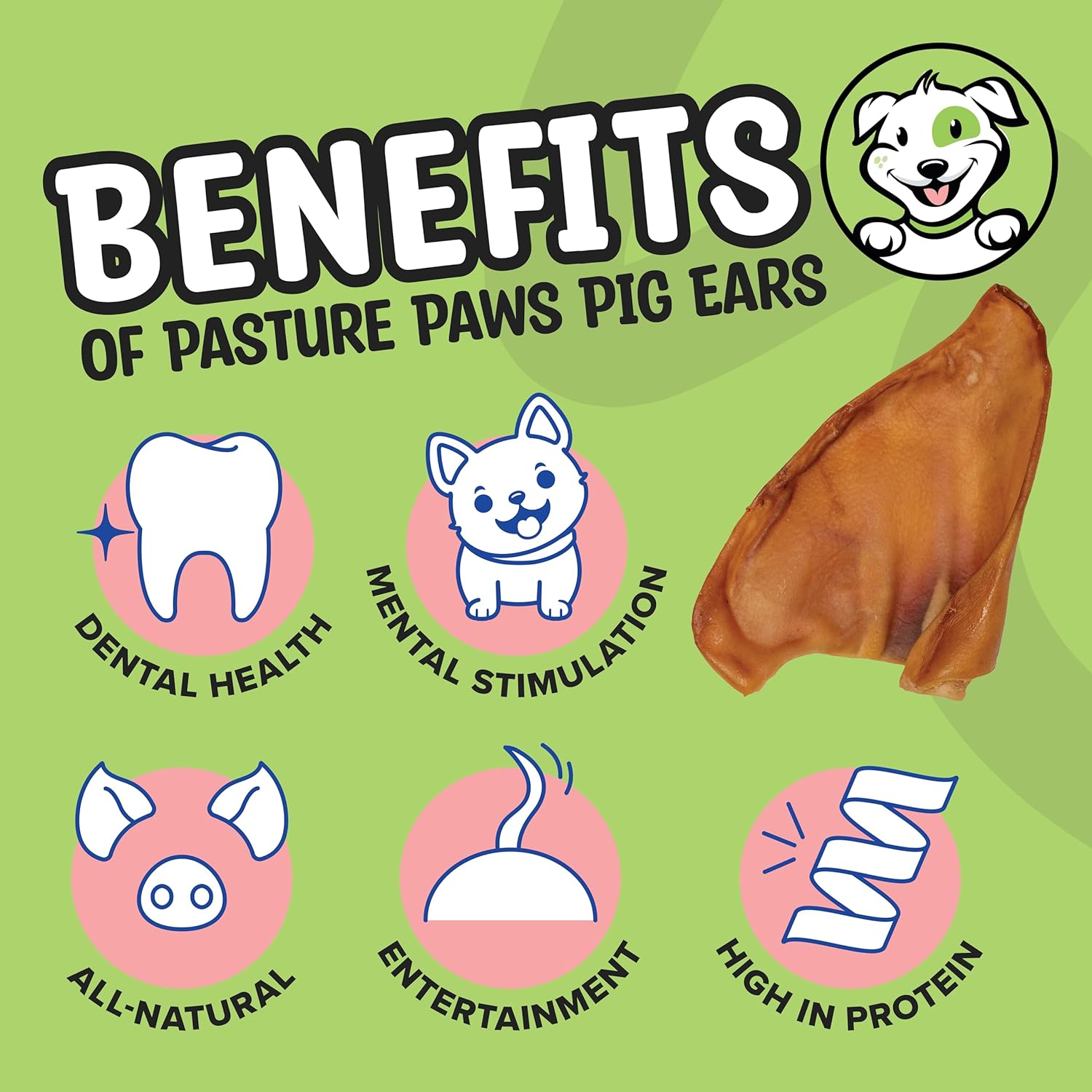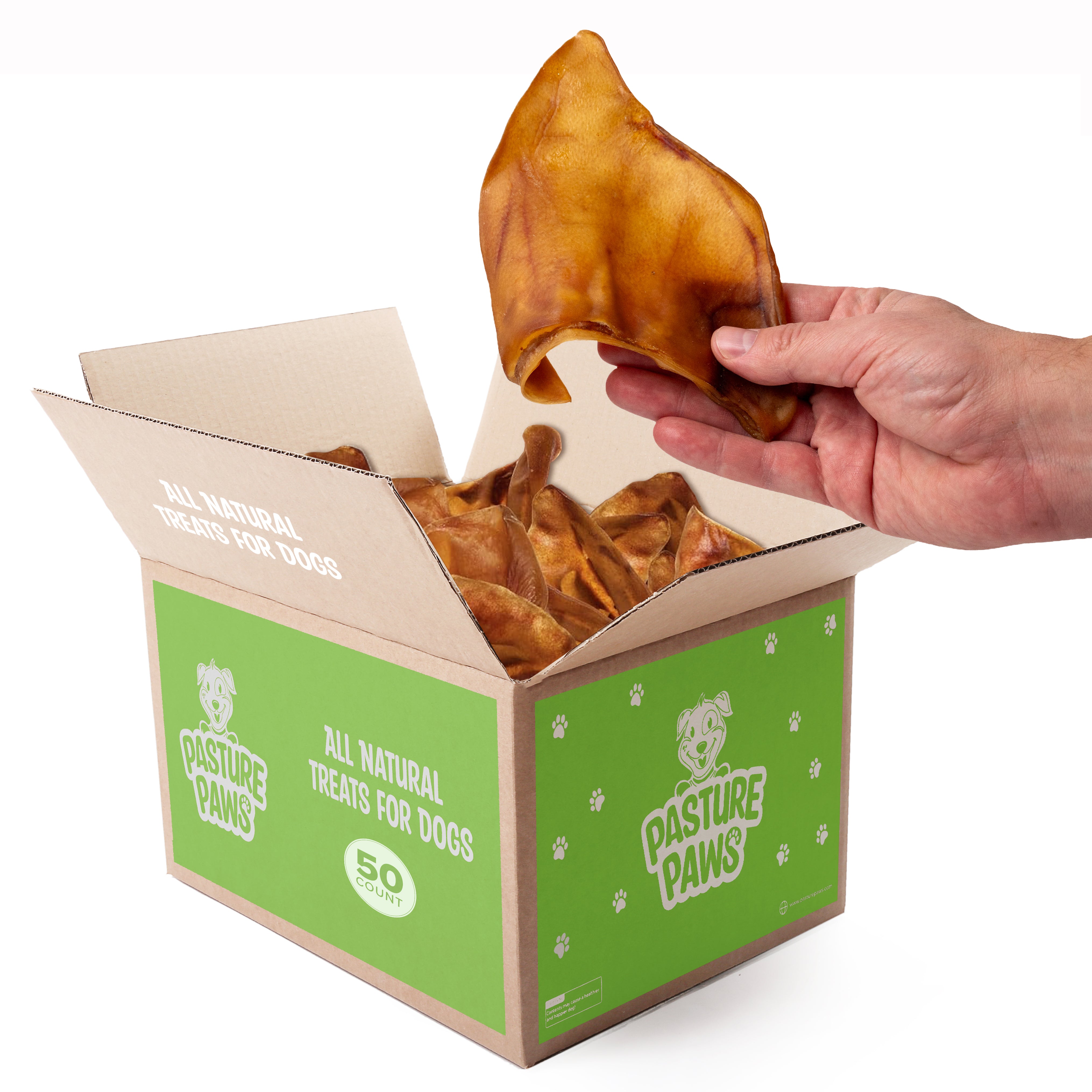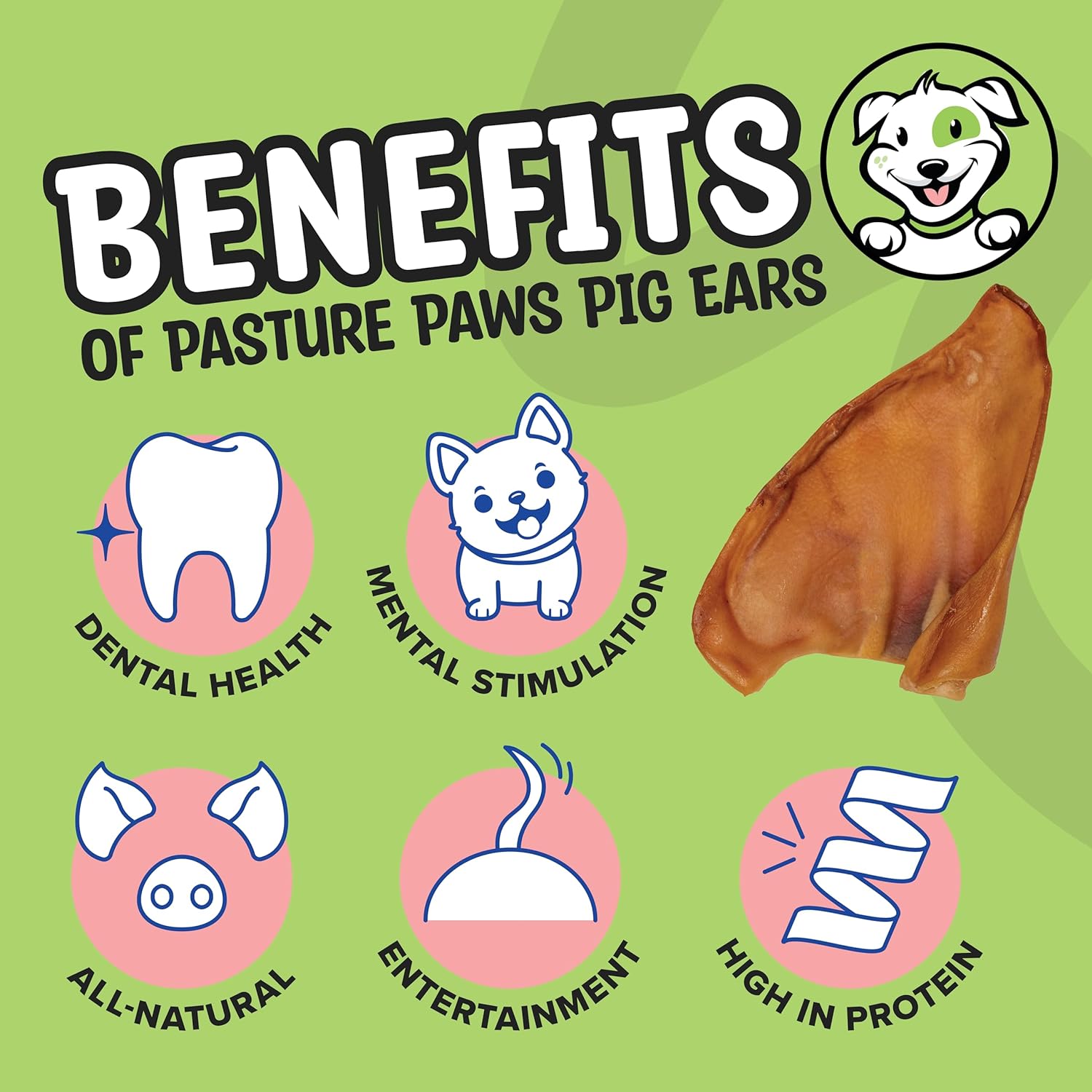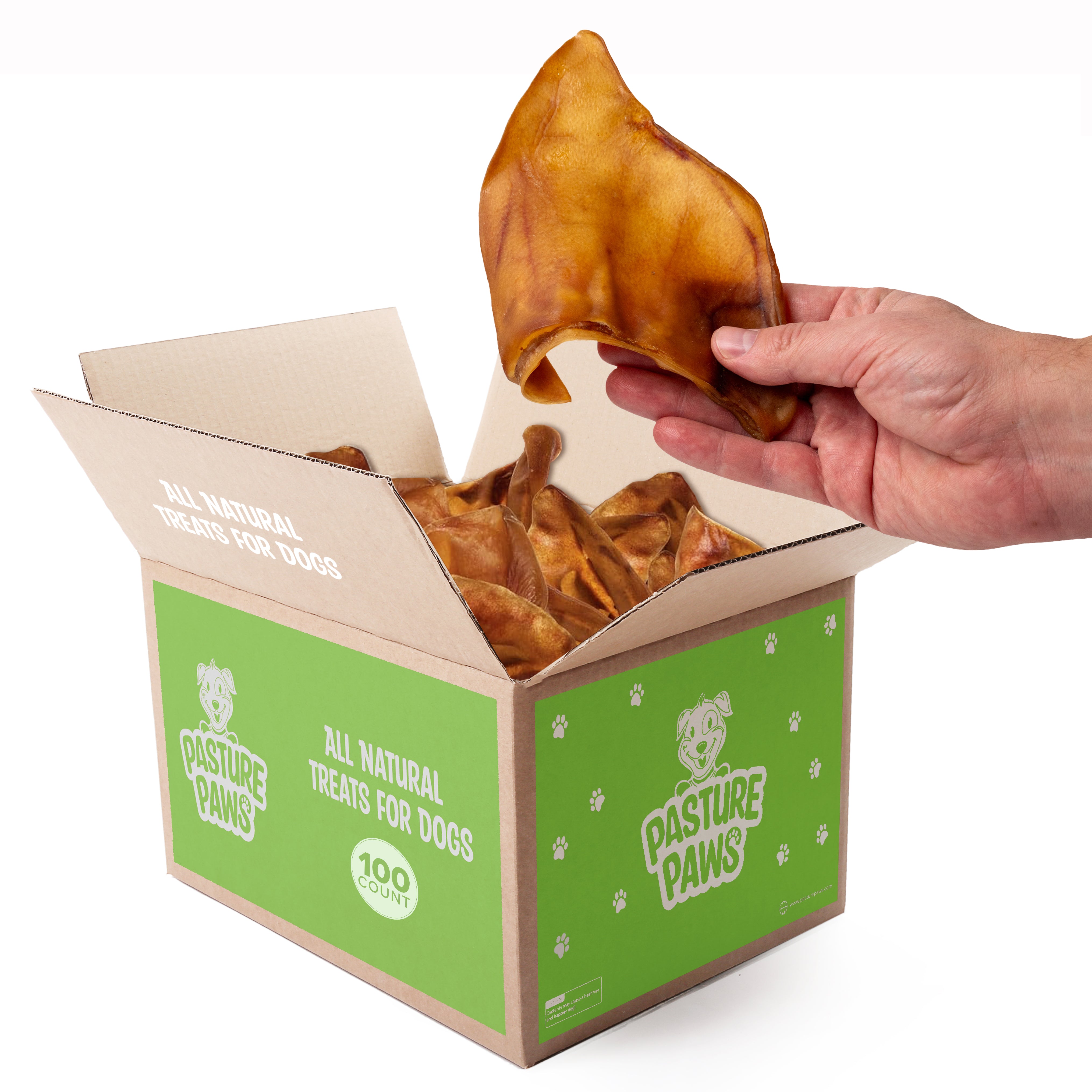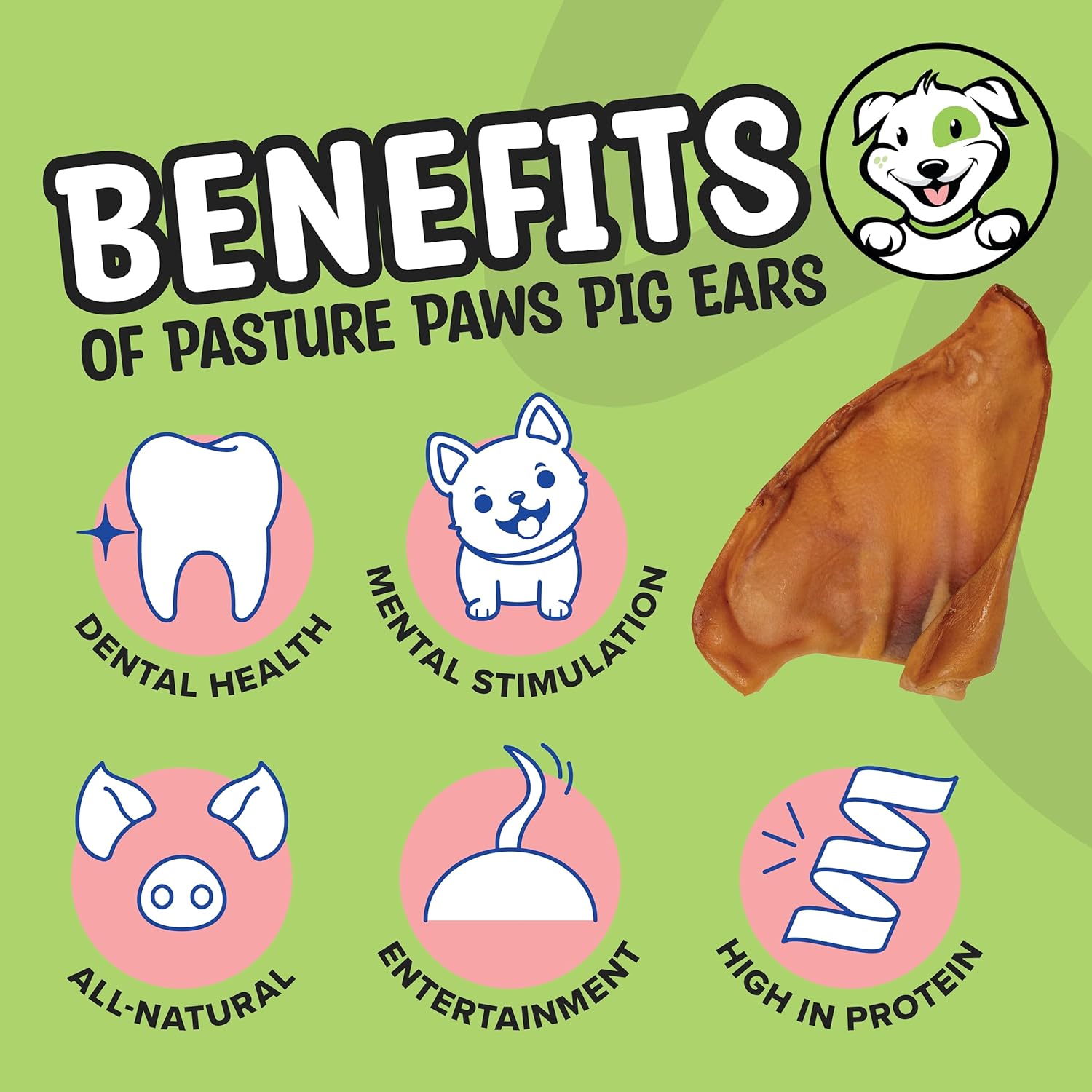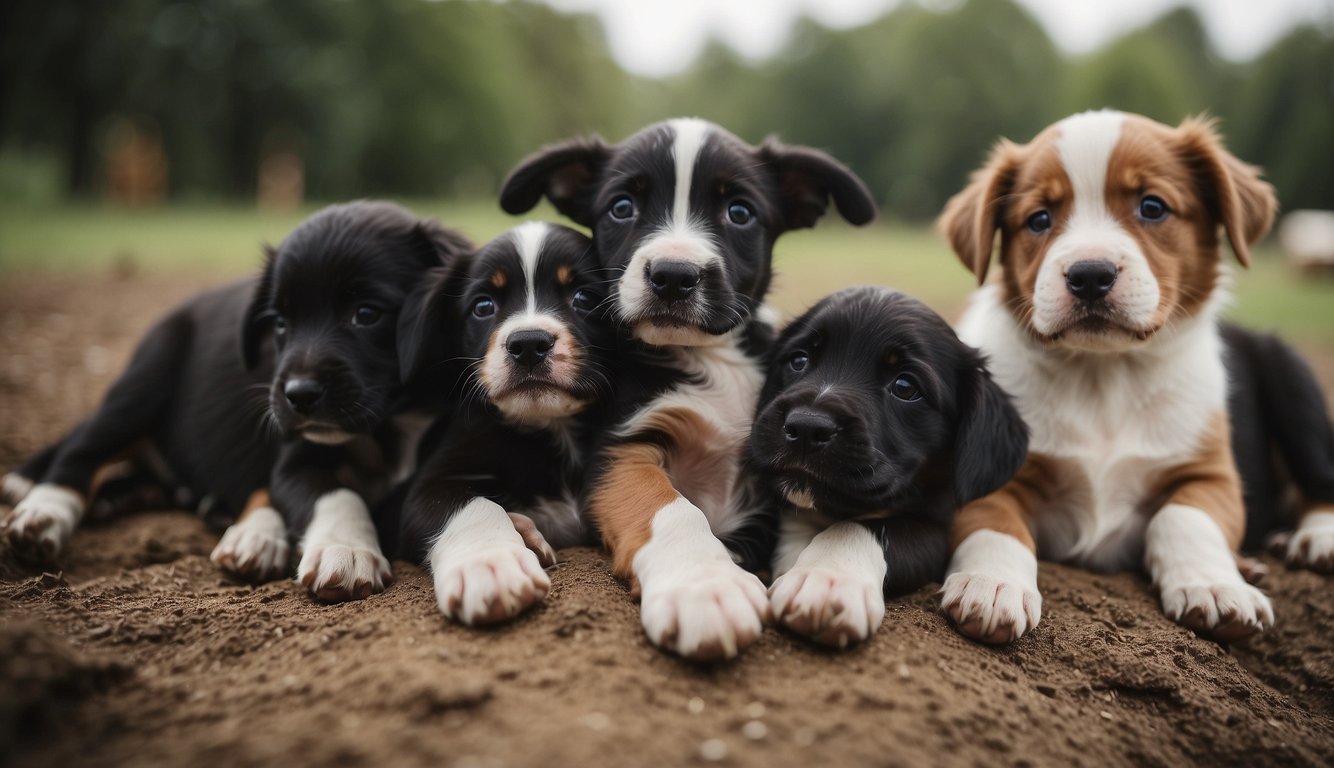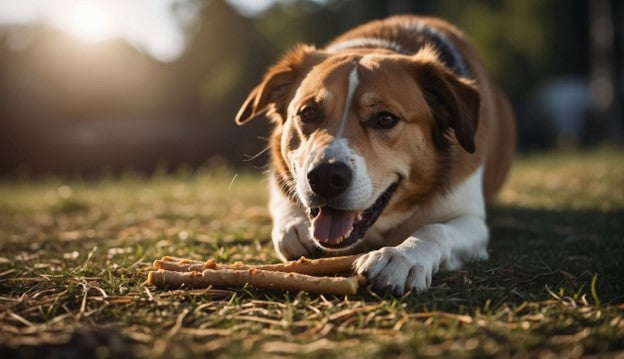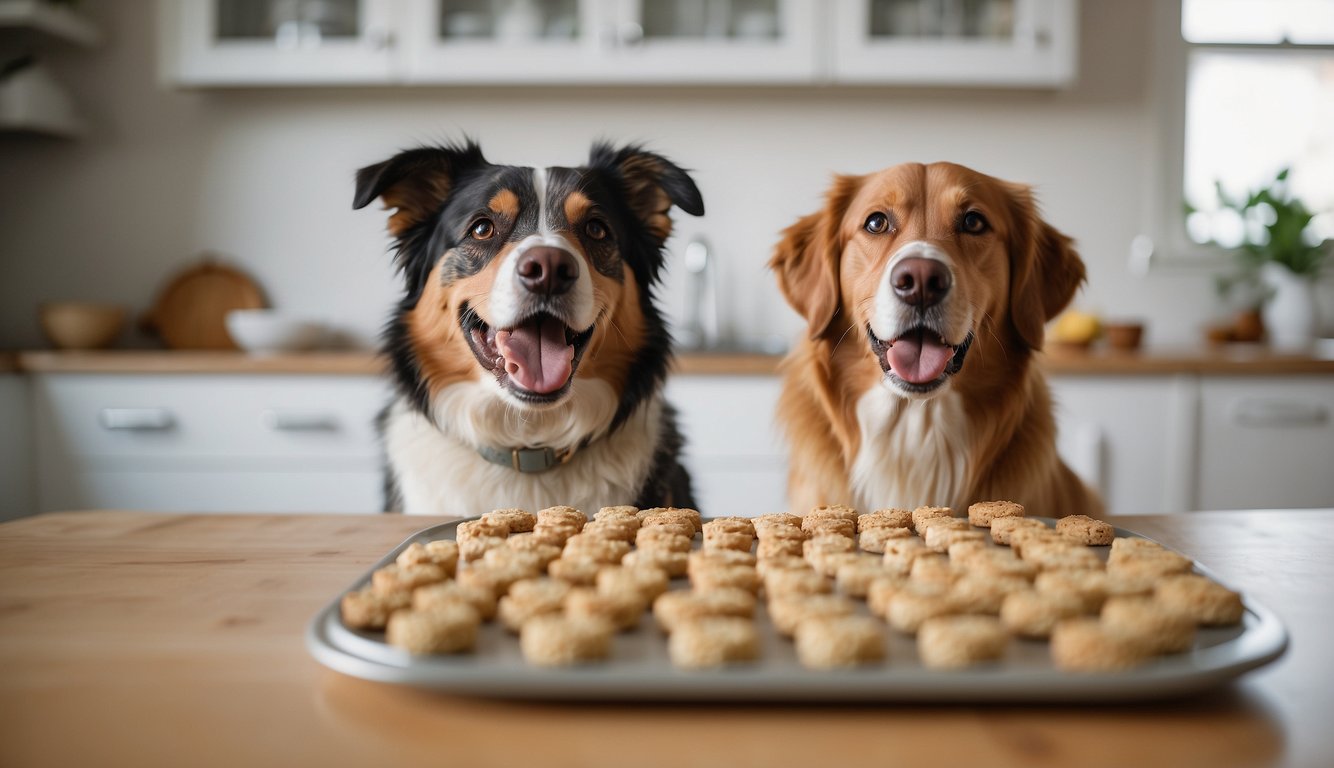If you're a new puppy owner, you might wonder are cow hooves good for puppies. The answer has both pros and cons. Cow hooves are tough and provide a long-lasting chew that reduces boredom and anxiety, potentially preventing destructive behavior.
Additionally, cow hooves may help massage your puppy's gums, which can aid in reducing plaque buildup.
Understanding Cow Hooves for Puppies

Cow hooves are a popular chew toy for dogs, but are they safe for puppies? In this section, we will explore the nutritional value and chew characteristics of cow hooves to help you make an informed decision.
What Are Cow Hooves?
Cow hooves are exactly what they sound like - the hooves of cows. They are a natural source of protein and fat and are often marketed as a long-lasting chew toy for dogs. But, are cow hooves good for puppies? They provide the same benefits, offering a durable chew that supports dental health and keeps puppies engaged. Cow hooves are made up of keratin, which is a hard protein that makes up hair, nails, and horns.
Nutritional Value of Cow Hooves
Cow hooves have a low nutritional value for puppies, as most of their high protein content, primarily keratin, is hard to digest. They also contain ash, which is the mineral content left over after the organic matter has been burned off. However with Pasture Paws, each hoof is carefully inspected and processed to ensure it is safe and free from harmful chemicals or contaminants. Unlike synthetic chews, cow hooves are fully digestible, providing a safe chewing experience for your dog. Packed with essential nutrients and minerals, they support your dog's overall health and well-being.
Chew Characteristics
Cow hooves are a hard chew toy that can help satisfy your puppy's natural urge to chew and can help promote healthy teeth and gums.
However, cow hooves can also pose a choking hazard and can cause intestinal blockages if swallowed. It is important to supervise your puppy while they chew on cow hooves and to remove them if they become small enough to swallow.
Benefits of Cow Hooves as Puppy Chews

If you're looking for an affordable and long-lasting chew toy for your puppy, cow hooves can be a great option. Not only do they provide entertainment for your furry friend, but they also offer a number of dental health advantages. In this section, we'll explore some of the benefits of cow hooves as puppy chews.
Dental Health Advantages
Cow hooves can help promote good dental health for your puppy. Chewing on a cow hoof can help remove plaque and tartar buildup on your puppy's teeth, which can lead to healthier teeth and gums. Additionally, chewing on a cow hoof can help strengthen your puppy's jaw muscles, which can also contribute to better dental health.
Long-Lasting Entertainment
One of the biggest benefits of cow hooves as puppy chews is their long-lasting entertainment value.
Unlike some other chew toys that can be destroyed quickly, cow hooves can provide hours of entertainment for your puppy. This can help keep them occupied and happy, which can be especially beneficial if you need to leave your puppy home alone for a period of time.
Affordability and Availability
Cow hooves are also a very affordable and widely available option for puppy chews. You can find them at most pet stores, as well as online retailers. This means that you can easily stock up on cow hooves without breaking the bank.
Safety and Risks of Cow Hooves for Puppies
When it comes to giving cow hooves to puppies, it is important to consider the potential safety risks. While cow hooves can be a great way to satisfy your puppy's natural chewing instincts, they also pose certain hazards that you need to be aware of.
Choking and Splintering Hazards
One of the main risks associated with cow hooves is the potential for choking or dental damage.
Cow hooves can splinter or break apart, creating sharp edges that can cause injury to your puppy's mouth or digestive tract. To reduce the risk of choking and splintering, it is important to supervise your puppy while they chew and to choose high-quality, durable cow hooves that are less likely to break apart.
Contamination Concerns
Another potential risk associated with cow hooves is the risk of contamination.
Cow hooves can harbor bacteria and other pathogens that can be harmful to your puppy's health. To reduce the risk of contamination, it is important to choose cow hooves that are sourced from reputable suppliers and to store them properly to prevent bacterial growth.
Supervision and Preparation
To minimize the potential risks associated with cow hooves, it is important to supervise your puppy while they chew and to prepare the cow hooves properly.
Before giving a cow hoof to your puppy, inspect it for any sharp edges or signs of damage. You may also want to soak the cow hoof in water for a few hours to soften it up and make it easier to chew.
How to Choose and Use Cow Hooves for Puppies

Cow hooves are a popular chew toy for puppies, but it's important to choose and use them properly to ensure your puppy's safety and enjoyment. Here are some tips to help you select quality cow hooves, properly clean and maintain them, and introduce them to your puppy.
Selecting Quality Cow Hooves
When selecting cow hooves for your puppy, look for quality products that are cleaned and hollowed out. Avoid hooves with a strong odor or signs of moisture, as these can indicate poor quality or contamination.
Some cow hooves are sold plain, while others are filled with peanut butter or other fillings. If you choose a filled hoof, make sure the filling is safe for your puppy to eat and does not contain any harmful ingredients.
Proper Cleaning and Maintenance
Before giving a cow hoof to your puppy, clean and inspect it thoroughly.
Rinse the hoof under running water and scrub it with a brush to remove any dirt or debris. You can also soak the hoof in a mixture of water and vinegar or hydrogen peroxide for added cleaning power.
After cleaning, inspect the hoof for any signs of damage or wear and discard it if necessary.
To prevent the hoof from becoming too dry and brittle, you can rub a small amount of coconut oil or other food-grade oil onto the surface. This can also help to reduce any strong odors that may be present.
Introducing Cow Hooves to Your Puppy
When introducing cow hooves to your puppy, supervise them closely to ensure they don't choke or swallow any large pieces.
Start by offering the hoof for short periods of time and gradually increasing the length of time as your puppy becomes more comfortable with it. You can also try filling the hoof with peanut butter or other safe fillings to make it more appealing to your puppy.
Alternatives to Cow Hooves for Puppies

If you're looking for an alternative to cow hooves for your puppy, there are plenty of options available. In this section, we'll compare other chew options and discuss the pros and cons of different chews.
Bones
Bones can be a great alternative to cow hooves for puppies. They come in a variety of sizes and shapes, and can be filled with treats to keep your puppy entertained. However, it's important to choose the right type of bone for your puppy's size and chewing habits.
Small bones can be a choking hazard, and large bones can cause tooth damage.
Dental Chews
Dental chews are another great option for puppies. They're designed to clean your puppy's teeth and freshen their breath, while also providing a satisfying chewing experience.
However, it's important to choose a dental chew that's appropriate for your puppy's size and chewing habits. Some dental chews can be too hard for puppies, and can cause tooth damage.
Dog Toys
Dog toys can be a fun and engaging alternative to cow hooves for puppies. They come in a variety of shapes and sizes, and can be filled with treats to keep your puppy entertained.
However, it's important to choose a toy that's appropriate for your puppy's size and chewing habits. Small toys can be a choking hazard, and large toys can cause tooth damage.
Making an Informed Decision
When deciding whether cow hooves are good for your puppy, it is important to consider a few key factors to make an informed decision.
Consulting with Your Vet
Before introducing any new chew toy or treat to your puppy, it is always a good idea to consult with your vet.
They can provide valuable insight into your puppy's individual needs and help you determine whether cow hooves are a safe and appropriate choice.
Your vet can also advise you on the appropriate size and type of cow hoof for your puppy, as well as any potential risks or concerns to be aware of.
Additionally, they can provide guidance on how often your puppy should be allowed to chew on cow hooves, and how to monitor their chewing behavior to ensure they are not at risk of injury.
Assessing Your Puppy's Chewing Behavior
When considering whether cow hooves are a good choice for your puppy, it is important to assess their individual chewing behavior.
Some puppies are aggressive chewers, while others may only chew lightly or moderately.
If your puppy is an aggressive chewer, it may be best to avoid cow hooves altogether, as they can pose a risk of tooth fractures and other injuries.
However, if your puppy is a moderate or light chewer, cow hooves can provide a safe and enjoyable chewing experience that can help promote dental health and reduce boredom.
It is also important to note that not all cow hooves are created equal.
Look for products that are labeled as safe for dogs and have been certified by the Veterinary Oral Health Council (VOHC).
This certification ensures that the product has been tested and proven to be safe and effective for promoting dental health in dogs.
Conclusion
Whether cow hooves are good for puppies depends on several factors. While they offer long-lasting chewing enjoyment and dental benefits, they can also pose risks like digestive issues and potential injuries. As a puppy owner, I've found that balancing chew toys with varied textures and safety levels is key. Always supervise your puppy with cow hooves and consult your vet to ensure you're making the best choice for your furry friend. Are cow hooves good for puppies? Visit Pasture Paws for premium and quality products to keep your puppy happy and healthy!
Frequently Asked Questions
What are the potential risks of giving cow hooves to puppies?
Cow hooves can be a choking hazard for puppies, especially if they are not properly supervised while chewing on them. Additionally, the hard texture of cow hooves can cause dental fractures and other oral injuries in puppies.
At what age is it safe to introduce cow hooves to a puppy's diet?
It is generally recommended to wait until a puppy's adult teeth have fully developed before introducing cow hooves to their diet. This typically occurs around 6-8 months of age, but it is best to consult with a veterinarian to determine the appropriate age for your specific puppy.
How should cow hooves be prepared for safe consumption by dogs?
Cow hooves should be thoroughly cleaned and sanitized before giving them to a puppy. It is also important to monitor the puppy while they are chewing on the cow hoof to ensure that they do not choke or injure themselves.
Can cow hooves help with dental health in puppies?
Cow hooves can help promote dental health in puppies by providing a natural way to clean their teeth and massage their gums. However, it is important to monitor the puppy while they are chewing on the cow hoof to ensure that they do not injure themselves.
